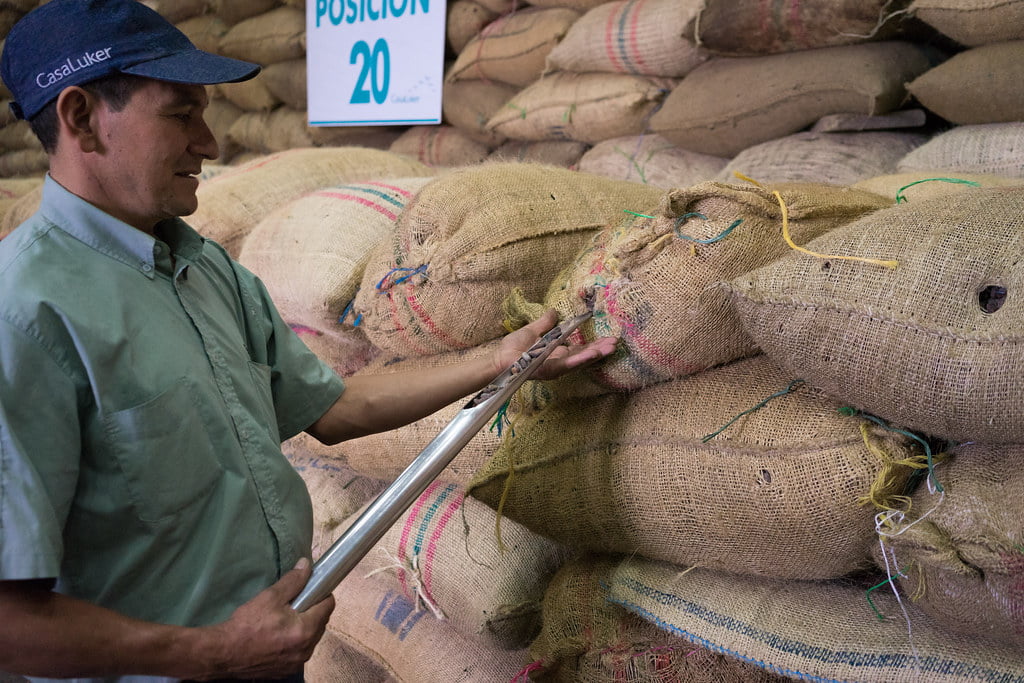Chocolate is one of the most beloved treats in the world, enjoyed by millions of people daily. However, few people know colonialism’s complex history and impact on chocolate production and the global economy. In this article, we will explore the rich history of cacao and chocolate production, the effect of colonialism on the industry, and the critical role of cacao in the global economy.
The History of Cacao and Chocolate Production
The history of cacao and chocolate production dates back over 4,000 years. The ancient Mayans and Aztecs of Central America were some of the first to cultivate cacao and use it in various religious and medicinal rituals. Cacao beans were also used as a form of currency and were highly valued for their cultural significance.
In the 16th century, Spanish conquistadors introduced cacao to Europe, which was refined into the sweet and creamy chocolate we know today. The popularity of chocolate spread rapidly throughout Europe, and by the 18th century, chocolate had become a luxury item enjoyed by the wealthy elite.

The Impact of Colonialism on Chocolate Production
The global demand for chocolate drove the expansion of cacao plantations worldwide, particularly in Central and South America, Africa, and Southeast Asia. This expansion was primarily driven by colonial powers, who exploited the labor of enslaved people and native populations to cultivate and harvest cacao.
The impact of colonialism on chocolate production was significant, as it perpetuated these regions’ economic and social inequality. Many plantation workers were subjected to inhumane conditions, including long hours, low pay, and limited access to healthcare and education.
The legacy of colonialism is still felt in many of these regions today, where economic and social inequality remains significant. However, efforts are underway to promote sustainable and ethical chocolate production, which supports fair labor practices and protects the environment.

The Role of Cacao in the Global Economy
Today, cacao is a vital crop in many developing countries, particularly in Africa, where it is the primary source of income for millions of people. The global chocolate industry is worth over $100 billion, and worldwide people enjoy chocolate.
The economic importance of cacao is evident in many developing countries, where it supports small-scale farmers and contributes to local economies. However, the production and distribution of cacao still face many challenges, including climate change, disease, and political instability.
Conclusion
The history of cacao and chocolate production is complex and fascinating, shaped by centuries of colonialism and exploitation. However, it is essential to recognize cacao’s vital role in the global economy and the lives of millions worldwide.
As consumers, we can support sustainable and ethical chocolate production by purchasing products that support fair labor practices and environmental sustainability. By doing so, we can help ensure that the future of chocolate production is more equitable and sustainable.
FAQ’s
Q: What is the article about? A: The article explores the history of cacao and chocolate production, the impact of colonialism on the industry, and the critical role of cacao in the global economy.
Q: What is the impact of colonialism on chocolate production? A: The global demand for chocolate drove the expansion of cacao plantations worldwide, particularly in Central and South America, Africa, and Southeast Asia. This expansion was primarily driven by colonial powers, who exploited the labor of enslaved people and native populations to cultivate and harvest cacao.
Q: What is the role of cacao in the global economy? A: Cacao is a vital crop in many developing countries, particularly in Africa, where it is the primary source of income for millions of people. The global chocolate industry is worth over $100 billion, and world people worldwide
Q: What can consumers do to support sustainable and ethical chocolate production? A: Consumers can support sustainable and ethical chocolate production by purchasing products that support fair labor practices and environmental sustainability.
